Explaining 5 Crucial Chapter 7 Bankruptcy Exemptions
Chapter 7 bankruptcy allows individuals to discharge unsecured debts such as credit cards, medical debt, utility bills, etc. By liquidating non-exempt assets such as luxury…
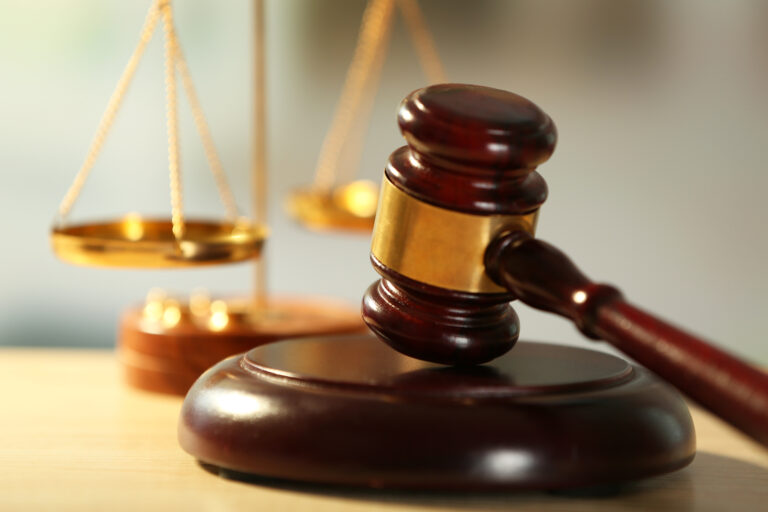
Chapter 7 bankruptcy allows individuals to discharge unsecured debts such as credit cards, medical debt, utility bills, etc. By liquidating non-exempt assets such as luxury…

The Wall Street Journal (Akiko Matsuda) published an article on 08.21.24 discussing how FTX and Genesis Global will repay customers after their bankruptcies titled “In…
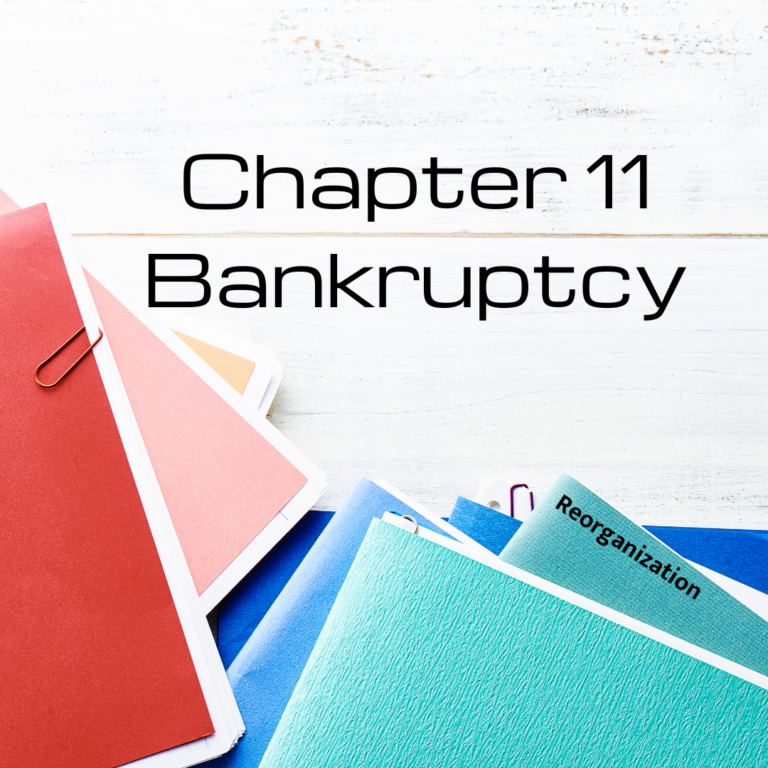
The Wall Street Journal (Alexander Saeedy and Soma Biswas) published an article on 05.15.24 about a business in financial distress titled “KKR-Backed Envision Healthcare Files for Chapter…

The COVID-19 pandemic turned the world upside down, and while many of us have considered our lives to be back to normal, there have been…
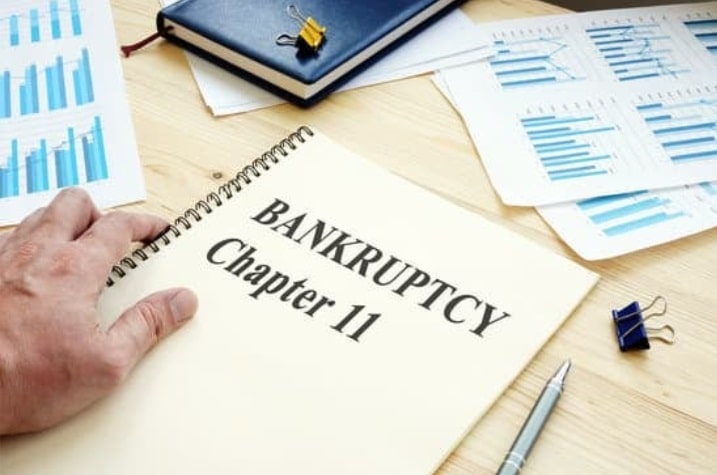
The Wall Street Journal (Becky Yerak) published an article on 04.23.24 titled “Small-Business Bankruptcies Surge Ahead of Potential Law Change,” explaining that small business bankruptcy…

Red Lobster, the renowned restaurant chain known for its seafood and signature beloved cheddar biscuits, has recently filed for Chapter 11 bankruptcy. The bankruptcy is…
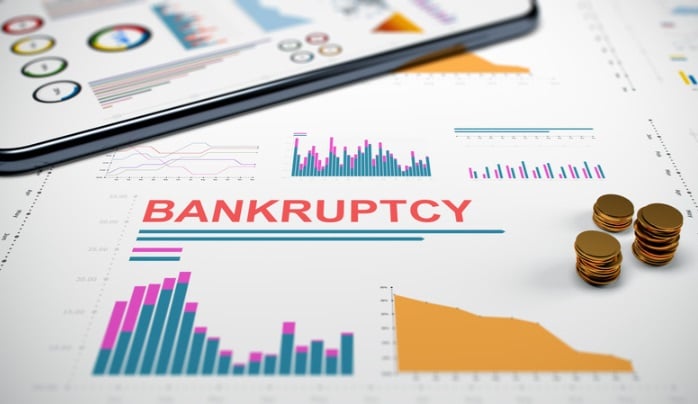
Business bankruptcy refers to a legal process undertaken by a business that cannot meet its financial obligations. Typically, it involves reorganizing debts or liquidating assets…
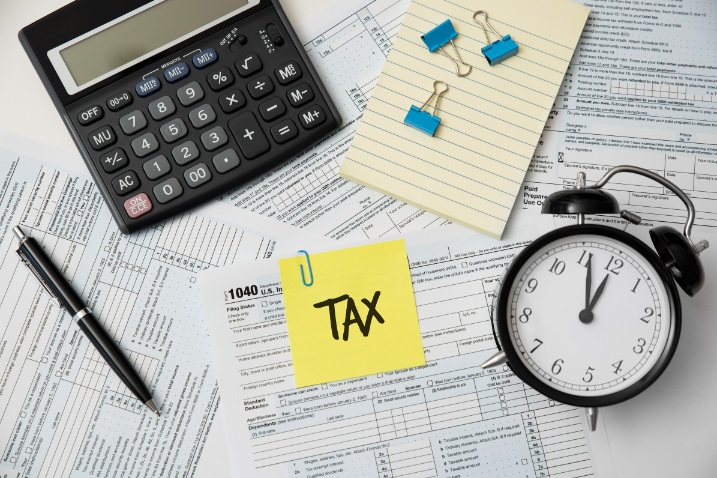
Sometimes, life hands us a load too heavy to carry alone, which becomes increasingly heavy when the IRS takes tax debt to collections. There’s no…
Hartford’s Stilts Building Faces Foreclosure The downtown area in Hartford, CT has long been a prime location for many businesses. However, market fluctuations that have…
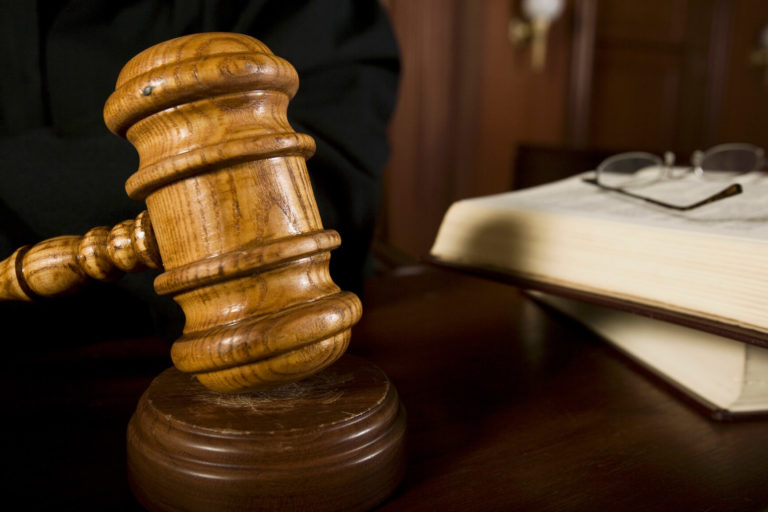
Chapter 7 Bankruptcy Lawyer Many people who have gone through or graduated any sort of education beyond government mandated schooling has more than likely had…